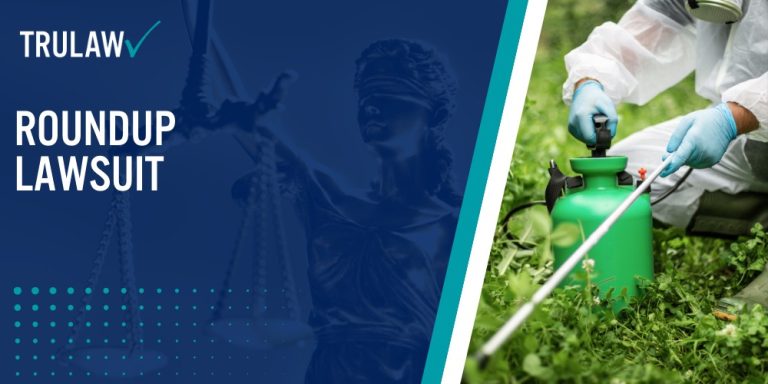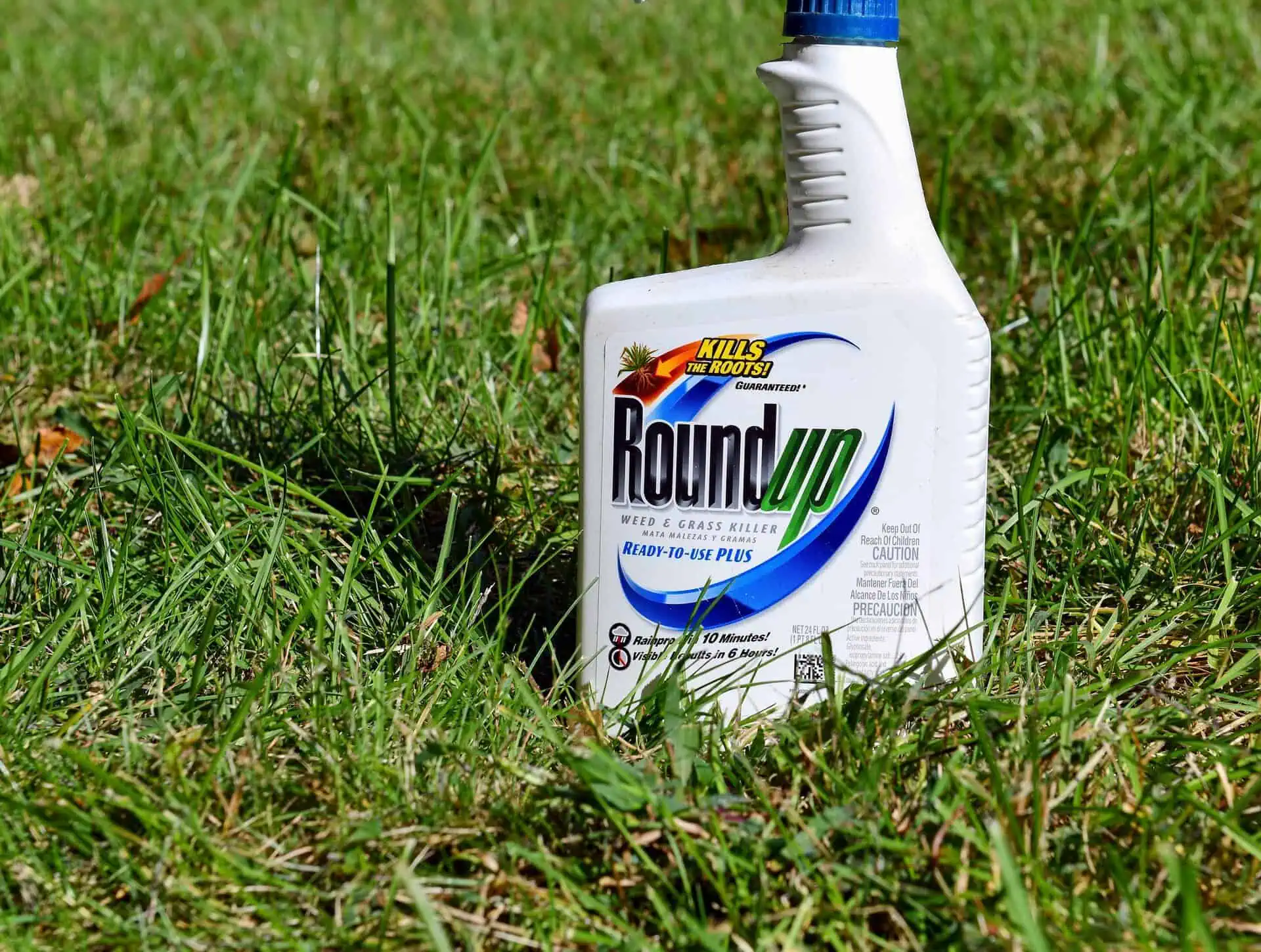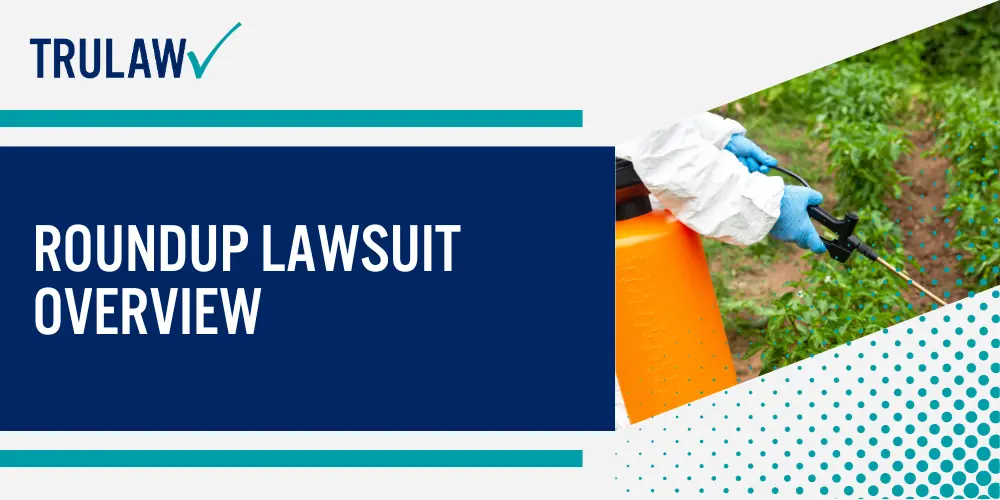
Two nonprofit groups, Beyond Pesticides and the Organic Consumers Association, recently filed a lawsuit against Monsanto alleging that its glyphosate-based product, Roundup, is mislabeled as targeting an enzyme found in plants but not in people or pets.
The lawsuits charge that Monsanto knows its representations are false, yet chose to profit off Roundup rather than warn consumers of the health risks associated with the chemical.
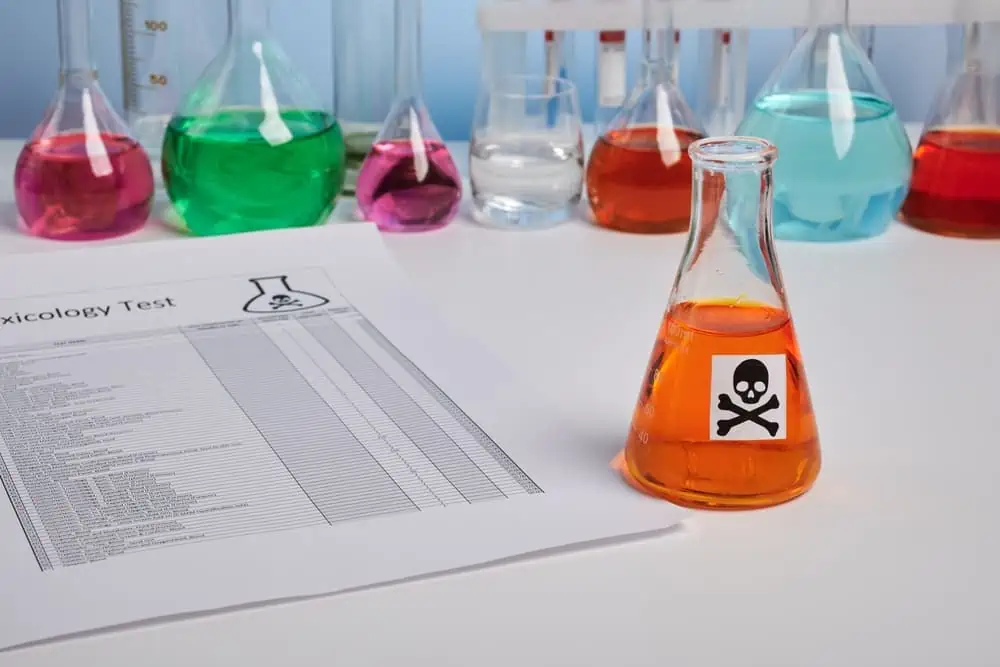
More than 8,000 cancer lawsuits are now pending against Monsanto, filed by individuals who allege that they developed non-Hodgkin’s lymphoma because of glyphosate exposure.
The weed killer is also being added to California’s Proposition 65 list of chemicals known to cause cancer.
Proposition 65 is a right-to-know California law that voters approved in 1986.
It requires the state to maintain a list of chemicals known to cause cancer, birth defects, or other reproductive harm but does not ban or restrict the use of listed chemicals.
However, it does require businesses to provide warnings prior to causing significant exposure to a listed chemical, and also prohibits discharges of the chemical into drinking water sources.
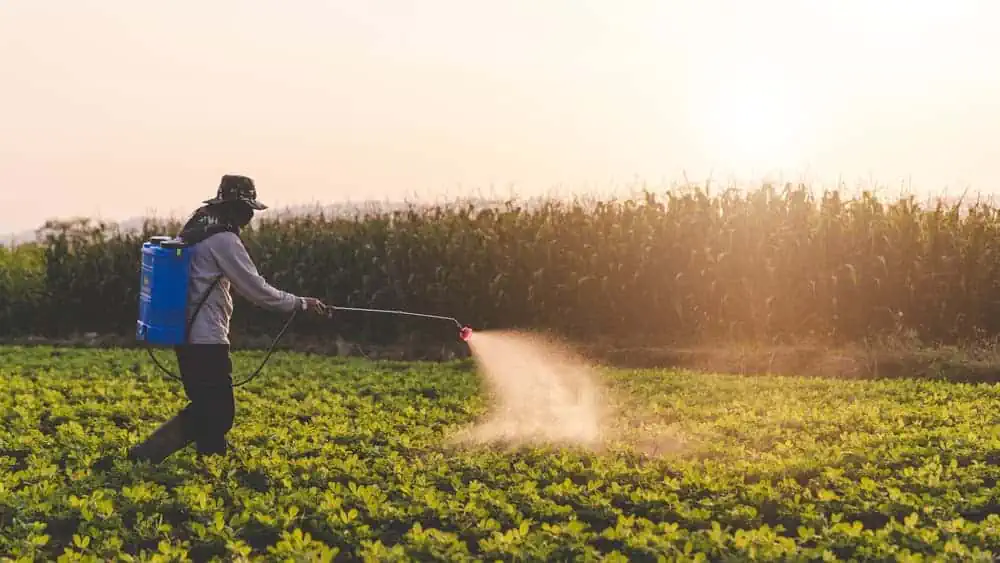
In October 2016, 21 Roundup lawsuits pending in fourteen districts were consolidated into multidistrict litigation in the Northern District of California.
The lawsuits, filed primarily by agricultural and landscape workers who used glyphosate for an extended period of time, make similar allegations.
This includes an allegation that Monsanto knew or should have known about the link between Roundup and non-Hodgkin’s Lymphoma, yet failed to provide proper warnings and instructions about safety measures that should be taken to reduce exposure to glyphosate contained in the popular weed killer.
Many states have a two-year statute of limitations allowing individuals to file a lawsuit two years from the date on which they learned of a possible health connection with a particular product, and given the March 2015 release of the IARC report and the fact that the deadline is looming, cases continue to stream in.
Between state and federal courts, hundreds of Roundup lawsuits have been filed in the U.S.
